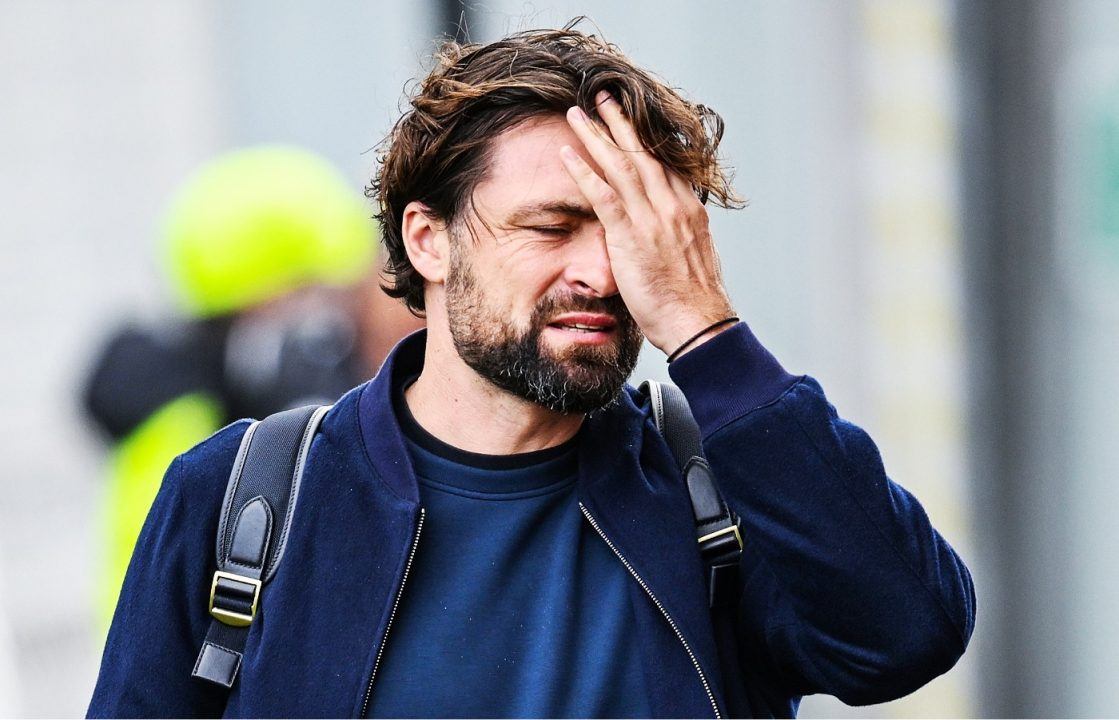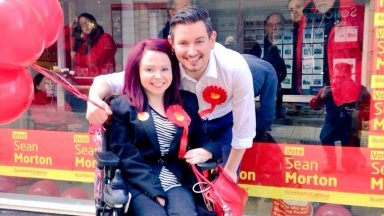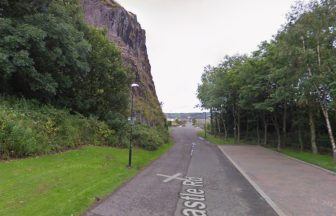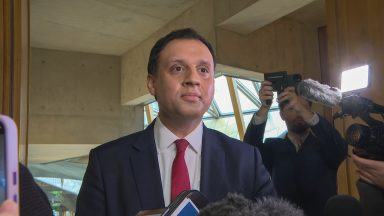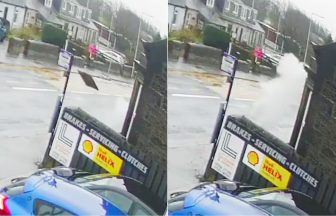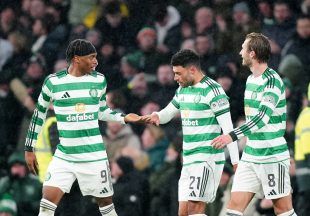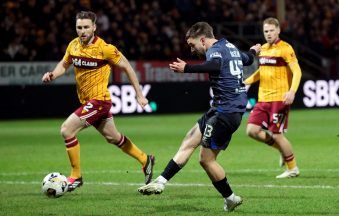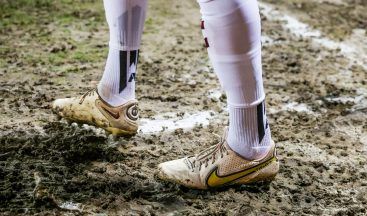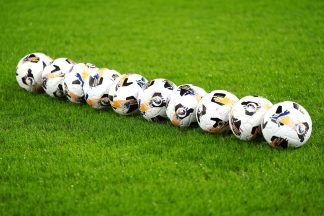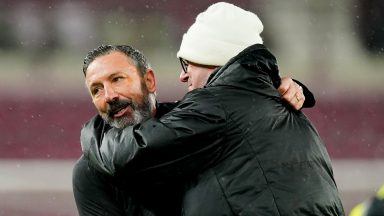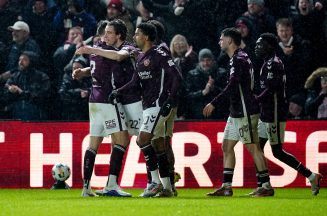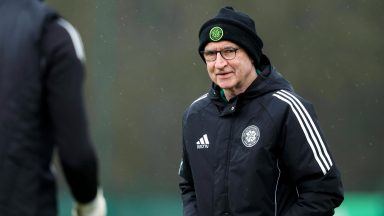When Russell Martin was appointed as the new head coach at Rangers on June 5, the former defender reminded supporters of his brief time on loan as a player at the Ibrox club.
“I know what this club demands,” Martin said. “From my time here, I had a taste of how special this club is, the expectation, the passion and the history.
“Now, as I return, I’m determined to bring success back, for the supporters, the players, and everyone inside this club.”
That previous spell in Glasgow was part of the reason why many supporters were less than enthused about Martin’s appointment. By his own admission he wasn’t at the top of his game at the time, and he was part of a side that finished third in the league and he only won 10 of 17 games in a Rangers shirt.
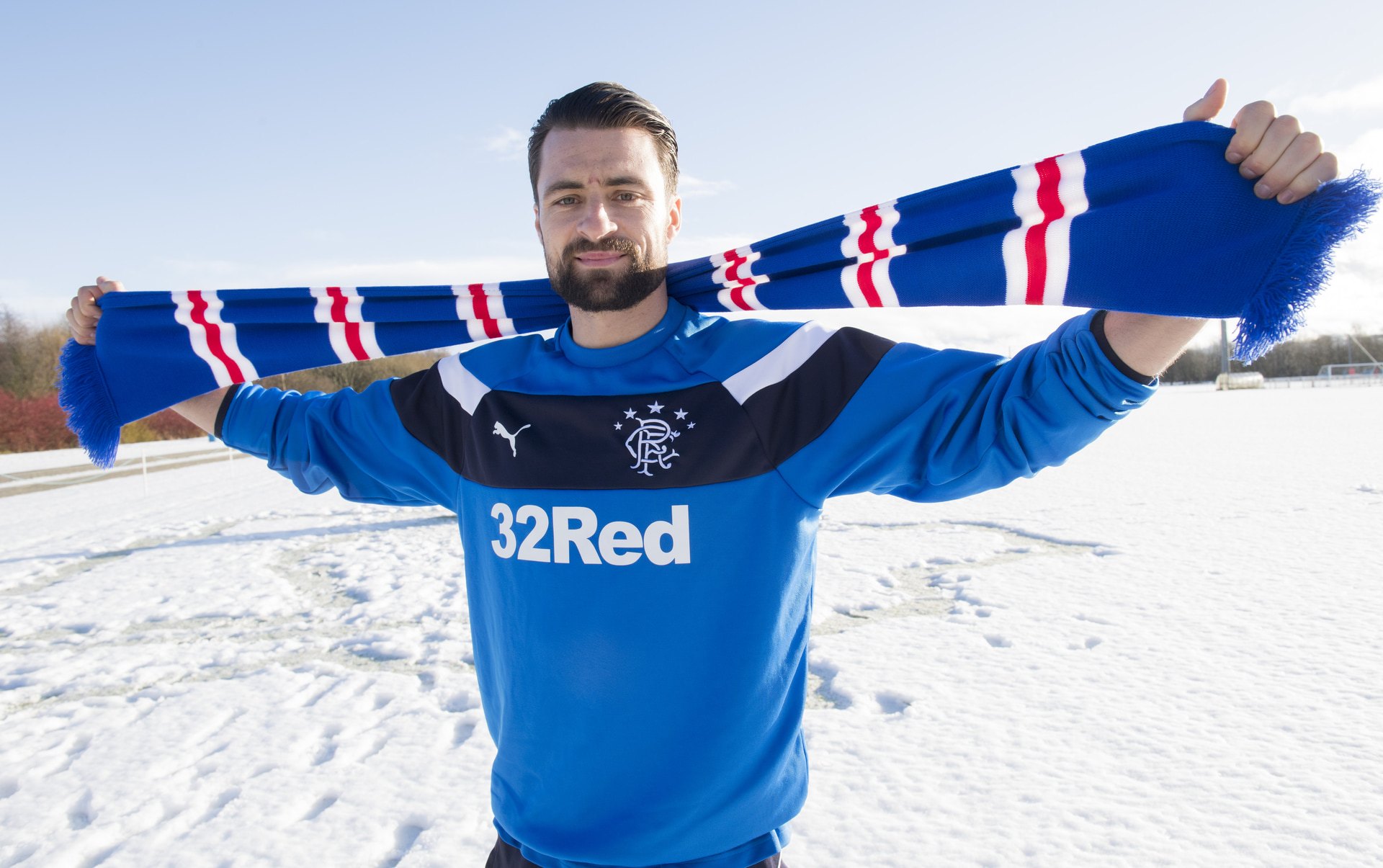 SNS Group
SNS GroupCompared with his time as head coach, that record now looks stellar.
With neat symmetry, Martin departs Ibrox after overseeing 17 games as head coach but only five of those ended in victory and his brief spell in charge will arguably be remembered as the worst in the club’s history.
Both Paul Le Guen and Pedro Caixinha had notoriously brief and disastrous times in charge of the Ibrox club, and were shown the door after it became clear early on that they were not set for any sort of success.
Le Guen left Rangers 240 days after his appointment, while Caixinha spent 227 days in the hot seat. Martin lasted 122.
The former MK Dons, Swansea and Southampton manager said on his arrival that it would take some time to deliver the kind of football he wanted, and warned that there would be some “pain” along the way as he looked to put the team on a strong footing for long-term success.
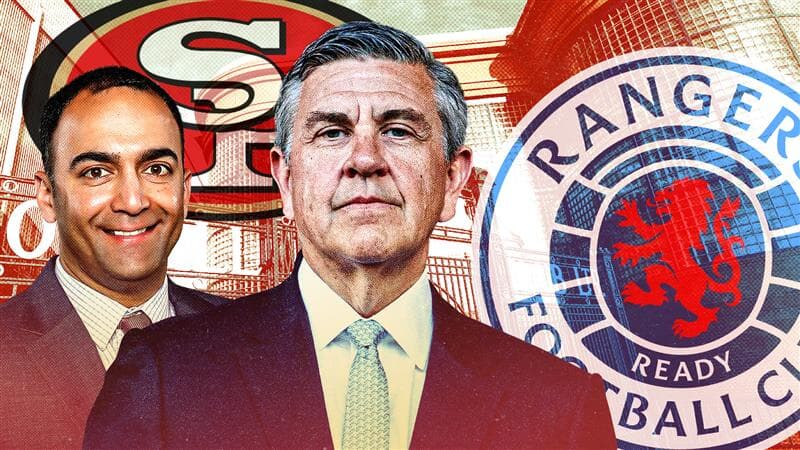 STV News
STV NewsHe believed that the club, under the new ownership of the US consortium that includes San Francisco’s 49ers Enterprises, had to end the ‘rinse and repeat’ cycle of firing managers, appointing replacements, allowing them to build a new squad and then dismissing them quickly when results didn’t match ambition.
Ultimately, the level of performance and the results that delivered two cup exits and the worst start to a league campaign in 47 years left the Ibrox hierarchy feeling they had no choice but to end Martin’s time in charge and start afresh.
Domestic disappointment and European failure
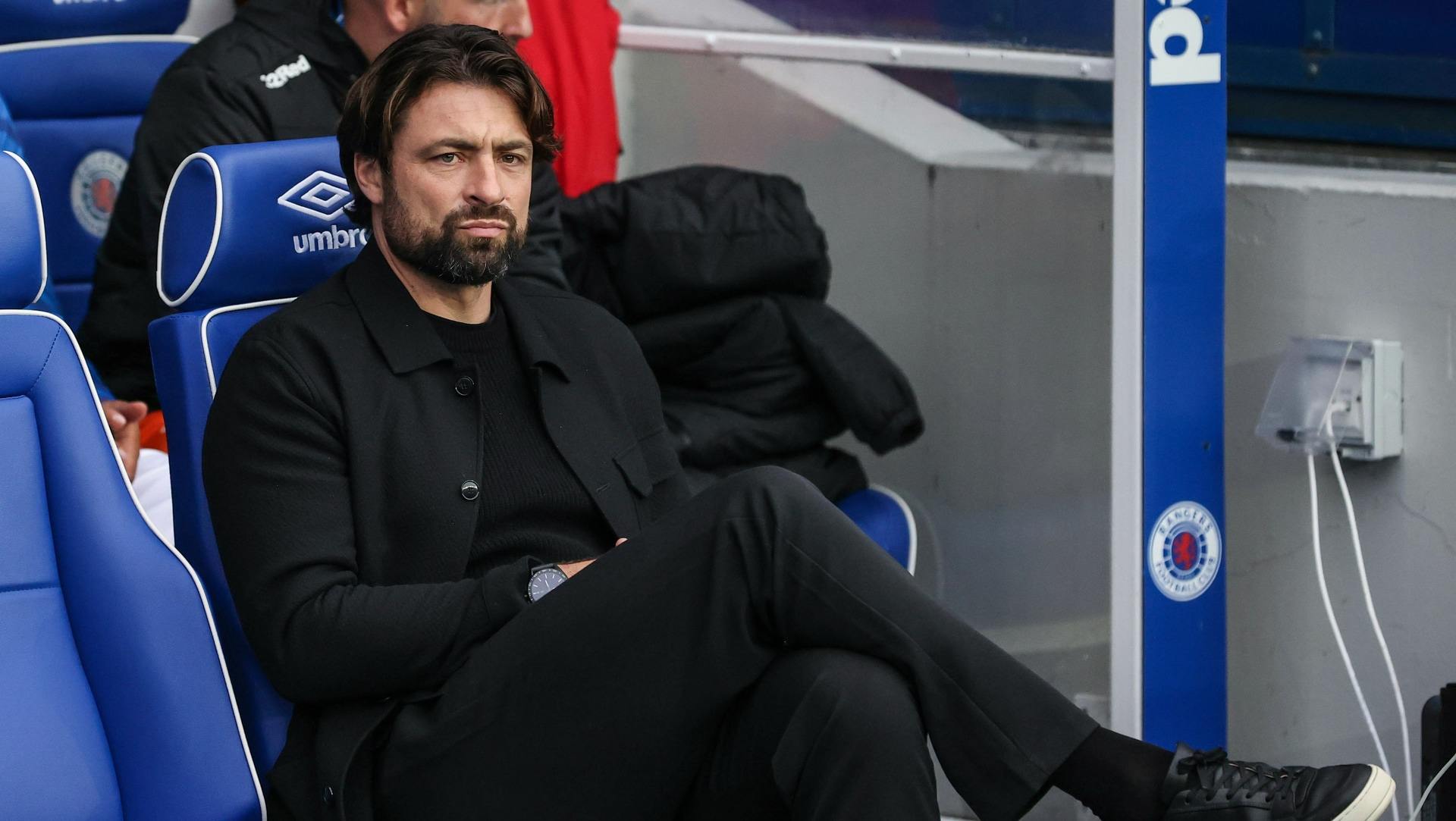 SNS Group
SNS GroupDespite his short time in charge, Russell Martin oversaw games in four competitions – and his tenure did start brightly.
Rangers’ second-place finish last season had earned a Champions League qualifying spot, though three rounds stood between them and the lucrative League Phase of the elite competition.
Martin’s first competitive match brought a 2-0 win over Panathinaikos at Ibrox, followed by a 1-1 draw in Athens to progress. A 3-0 home win over Viktoria Plzen followed, and despite a 2-1 loss in the return leg, Rangers reached the play-off round.
But against Club Brugge, Martin’s standing with fans collapsed. Defensive chaos saw Rangers trail 3-0 within 20 minutes at Ibrox. Danilo’s late goal offered hope, and Martin insisted the tie wasn’t over.
In Belgium, Rangers were dismantled. Brugge scored six without reply by the 50th minute, cruising to a 9-1 aggregate win. Rangers dropped into the Europa League, but the damage was done.
Martin apologised and called the result “painful,” but remained defiant: “I don’t think we’ll get beat 6-0 again. It doesn’t change the fact I think we will progress.”
European disappointment might have been forgiven if domestic form had been strong but the league campaign began with a late equaliser at Fir Park, drawing with Motherwell.
Captain James Tavernier and midfielder Nicolas Raskin were dropped for the next game, but results didn’t improve. A home draw with Dundee and another 1-1 at St Mirren widened the gap to the top.
A goalless Old Firm draw offered brief respite, but a 2-0 home defeat to Hearts reignited fan fury. Supporters demanded Martin’s resignation. He refused.
The board publicly backed him, but pressure mounted. Fans’ groups threatened to boycott European games and organised protests. The next match became must-win.
Ahead of the Premier Sports Cup tie, Martin took players wild swimming and hillwalking at Loch Lomond in a bid to reset. A rare victory followed, the 2-0 win over Hibs setting up an Old Firm semi-final against Celtic, relieving some of the pressure and allowing Martin to talk positively about building momentum.
That optimism only lasted a few days, with Rangers losing their opening Europa League match at Ibrox to a Genk side lying third bottom of the Belgian league. The visitors were able to take three points without looking like one of the continent’s more dangerous teams, and the spotlight fell back on Martin.
Victory at Livingston was never going to be enough to quell the anger of the fans but when an injury-time winner that sealed a nervy, narrow victory was met with calls for Martin to be sacked regardless of the result, it was clear there was virtually no way for him to get the support on side.
The subsequent defeat to Sturm Graz left the team pointless after two Europa League matches and continued the feeling that it was a matter of when, not if, the board came around to the fans’ verdict and the draw with Falkirk sealed the coach’s fate.
Rangers had taken the lead without looking convincing or dangerous but Henry Cartwright’s equaliser posed another question the team couldn’t answer and the final whistle left Martin’s side 11 points behind league leaders Hearts after only seven games.
Supporters staged a furious protest at full time, surrounding the team bus and making their feelings known to players, while Martin left through a different door and into a waiting car, travelling back to Glasgow separately from the squad and soon to be told his time in charge was over.
Performances didn’t match promises
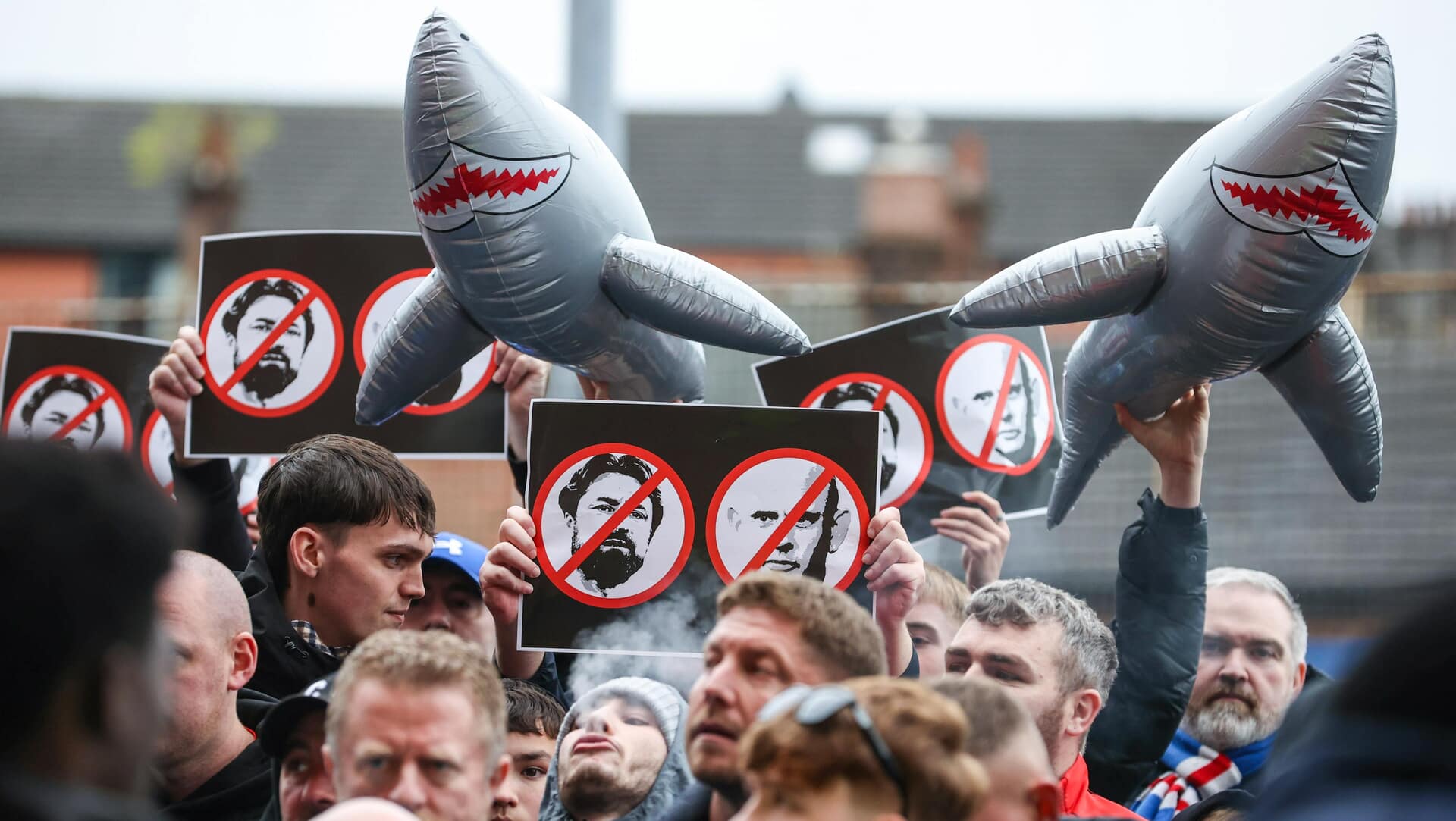 SNS Group
SNS GroupFrom his time at previous clubs, Martin had built a reputation as a coach with a very specific idea of how he wanted his sides to play, and a determination to stick to that plan.
His first public statements came with a pledge to “play with bravery, to take the ball, to be aggressive, and to stand up in the big moments”.
Sporting director Kevin Thelwell said Martin’s sides “play dominant football, control the ball, dictate the tempo and impose themselves physically. They press aggressively and work relentlessly off the ball”.
Chief executive Patrick Stewart described the coach as “a culture architect” who would change the mentality at the club.
While the manager made clear his expectation it would take time to get his ideas across to a new squad and for a team to gel, fans couldn’t see evidence of the sort of football that was being promised. Their concerns were fed by Southampton fans on social media pointing out that similarities in the style of play – possession-heavy but lacking penetration – had led to his sacking at St Mary’s.
As the series of results that led to the worst start to a league season in 47 years unfolded, Martin’s faith in his system and methods was unshakable, which meant explanations for disappointment focused on other areas.
After the 1-1 draw with Motherwell, Martin criticised his players, saying some needed to “drop their ego”, were acting out of “self-preservation” and questioned who was “all in”. He later claimed those accusations came from a place of “love and care”.
One of the players Martin seemed to be pointing his comments at was Nico Raskin, and the subsequent absence of the Belgian international from a struggling side would become an issue that further drew the head coach’s judgement into question.
When Rangers drew their next game against Dundee, he pointed at Rangers not having had success for “a long, long time” but insisted that “good process, good people, will always end up in a good outcome”.
In the face of fan anger after the first Club Brugge defeat, Martin shrugged off some criticism because many fans hadn’t wanted him there.
“The noise is something I just can’t control and the only way you can control it in football is by winning football matches,” he said.
“And there will still be some people unhappy that I’ve got long hair and I can’t wear a shirt and tie because I’m too sweaty on the sideline.
“Even if we win loads of trophies here, which is the plan, I’m pretty sure there will still be sceptics, so it’s not my focus.”
As things continued without winning football matches, pressure grew and calls for Martin to be replaced became more prominent. That came to a head after the 2-0 home defeat to Hearts where he came face to face with supporters’ unhappiness in his post-match press conference as fan media representatives asked sharp and pointed questions.
After insisting he wouldn’t resign, the coach talked about “anxiety” and players being “scared”, observations which weren’t helped by similar quotes about anxious players at his previous clubs.
While Martin talked about the time it takes for new players to settle in and adapt to a new head coach, it was too easy for supporters to point to the Hearts side that had won at Ibrox as an example of a team that was thriving after 14 new signings and the appointment of Derek McInnes less than a month before Martin arrived at Ibrox.
As the team’s performances came under further scrutiny, so too did the head coach’s explanations.
In the wake of the defeat in Graz he had insisted the issues with the team were not “a technical, tactical problem”. Within minutes, a post on social media showing him identifying the same issue with all of his previous clubs was being widely shared.
After the draw at Falkirk that would prove to be his last game in charge, Martin admitted frustration but talked about “brilliant moments” and shrugged off the anger from the crowd as “character building”.
His final words to the media as Rangers manager, other than to say that he had no indication that the board were to take a decision on his future, were to accept responsibility for results but that collectively, the squad and staff would “have to try and learn and really grow through these moments and understand why”.
Backed, backed, backed and then sacked
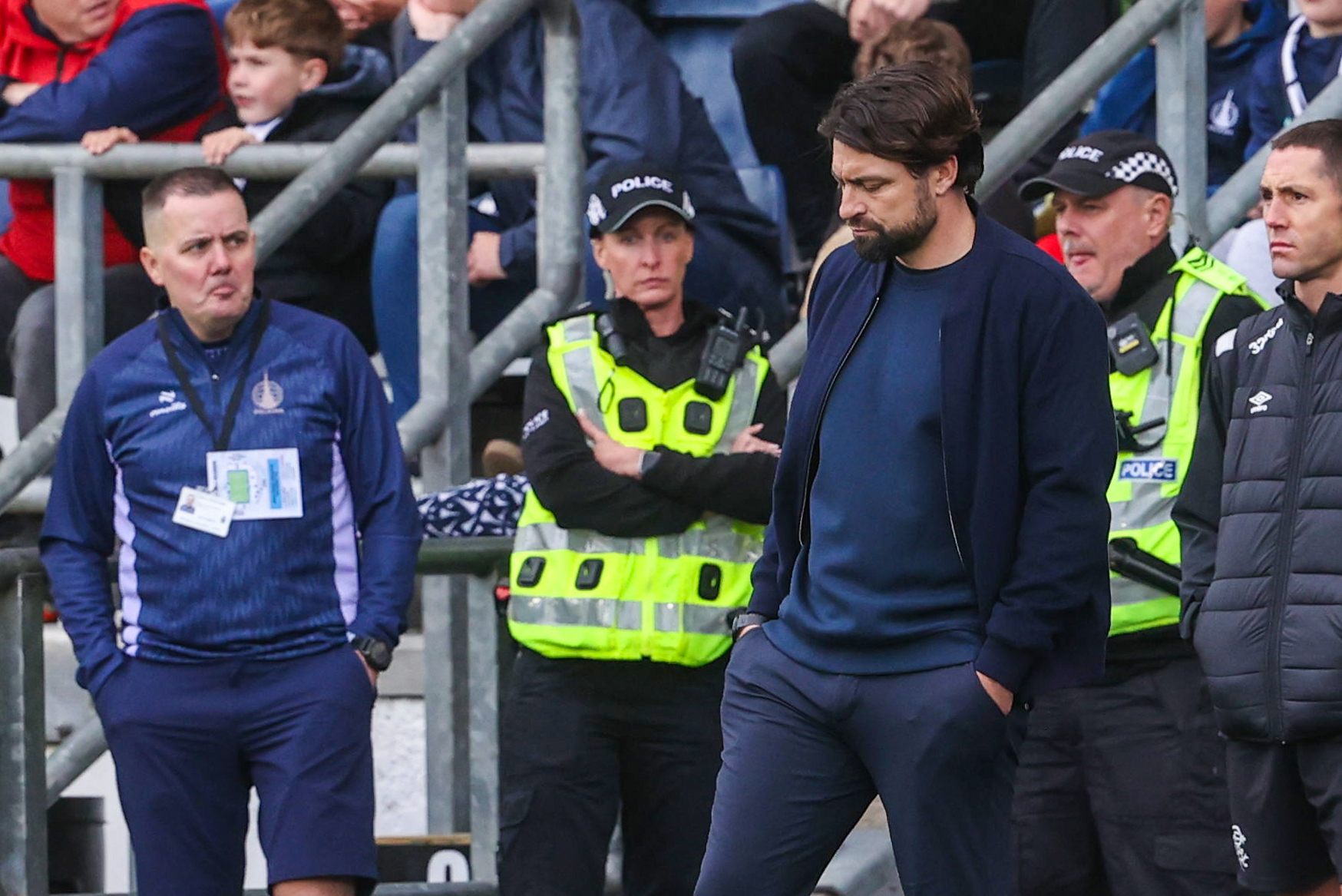 SNS Group
SNS GroupThroughout his difficult tenure at Ibrox, Martin had been able to count on the support of the Ibrox hierarchy even as fan fury grew.
Chief executive Patrick Stewart, who had backed Philippe Clement to the hilt before sacking him in the wake of defeat to Queen’s Park, had repeatedly said that Rangers had to break the cycle of changing manager after every poor run of results.
In the aftermath of the battering from Club Brugge in Belgium, and before the Old Firm derby, the US owners had made it clear Martin had their backing. Chairman Andrew Cavenagh flew in to watch the game and told the players he was committed to his head coach and the plan.
Following the dismal defeat to Hearts, again word was given that Martin remained in place and had the confidence of those in charge.
And when Rangers’ Fan Advisory Group met with Stewart and expressed their conviction that the coaching staff had to go, the party line was reiterated: the leadership was behind Martin and there was no appetite to begin the ‘rinse and repeat’ cycle and find the club a fifth new manager in four years.
As Cavenagh took in the stadium ahead of kick-off for the Hibs game, fans were outside demonstrating and calling on him to take action to remove Martin and Stewart.
The chairman saw a winning performance and progress to the semi-finals but was still in Glasgow a few days later to see an ordinary Genk side outplay his new club. Faith with Martin remained though, and through the Livingston game and the Sturm Graz defeat, the head coach was able to talk about his regular contact with the hierarchy and their support.
It was clear that the new owners, having taken a long time to decide on their first head coach, were intent on allowing time and space to Martin every chance to put the team on the right track.
The draw with Falkirk, which didn’t appear to show any signs of a side building in confidence or settling into a comfortable style of play, changed their mind. The club statement wished Martin and his staff the best for the future but made it clear their patience had run out.
It read: “While all transition periods require some time, results have not met the club’s expectations.”
Martin departs with what was a promising reputation left in tatters, while Rangers face a reset just a few months into what was meant to be a transformative new era at the club.
Work begins to find a new head coach to lift a squad and attempt to make the most of what realistic opportunities the season still holds. Martin leaves only unwanted records for his successor to follow.
Follow STV News on WhatsApp
Scan the QR code on your mobile device for all the latest news from around the country


